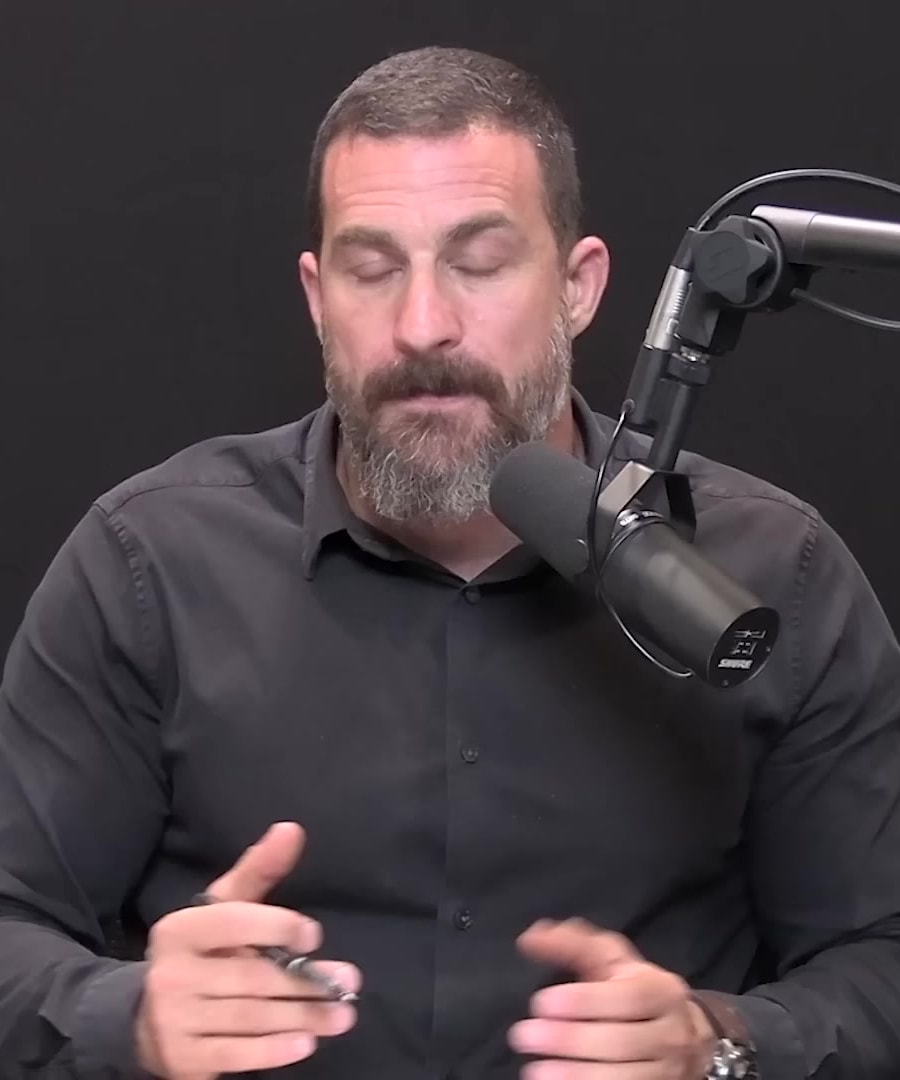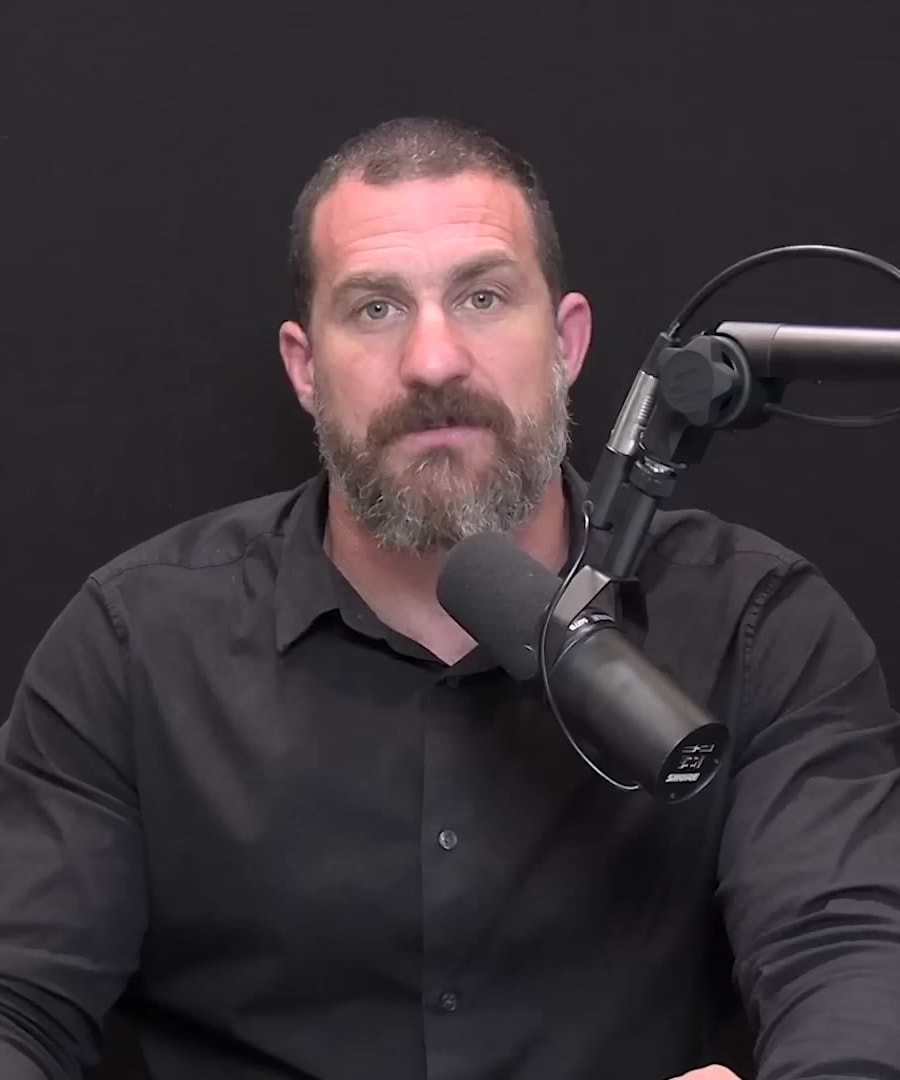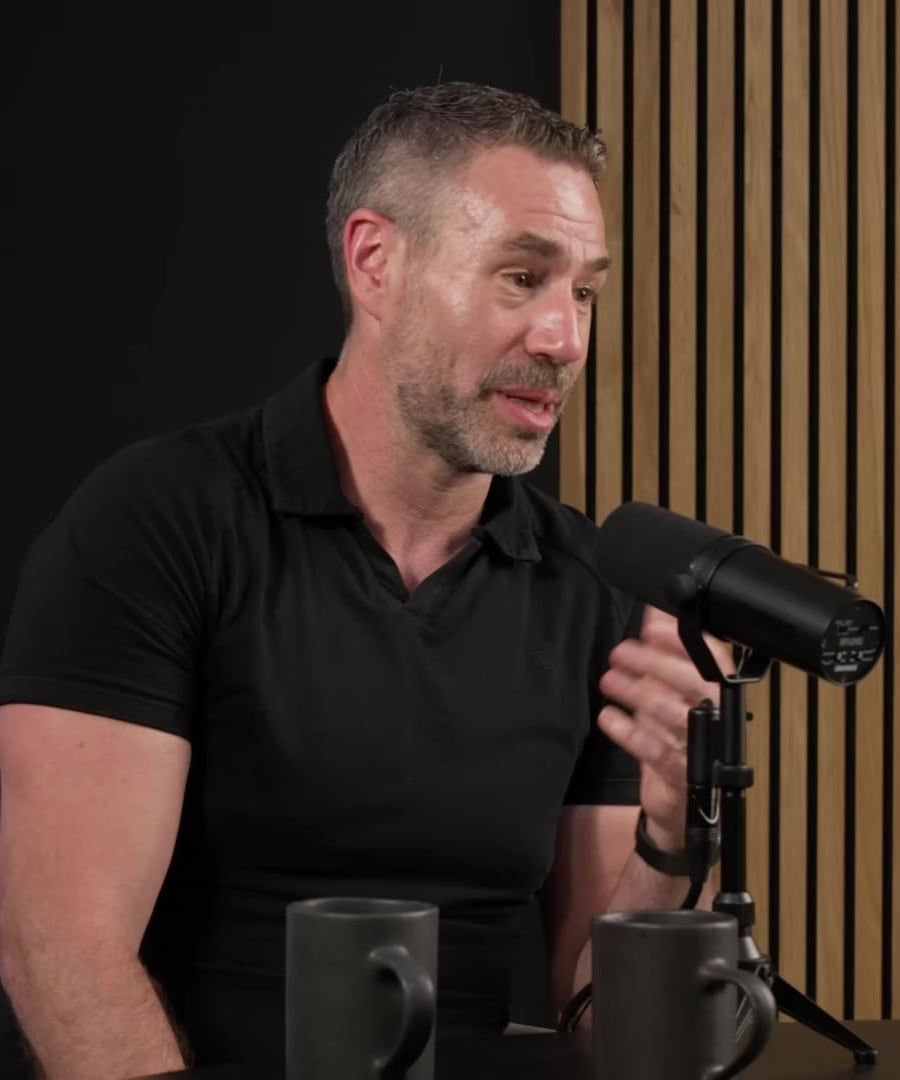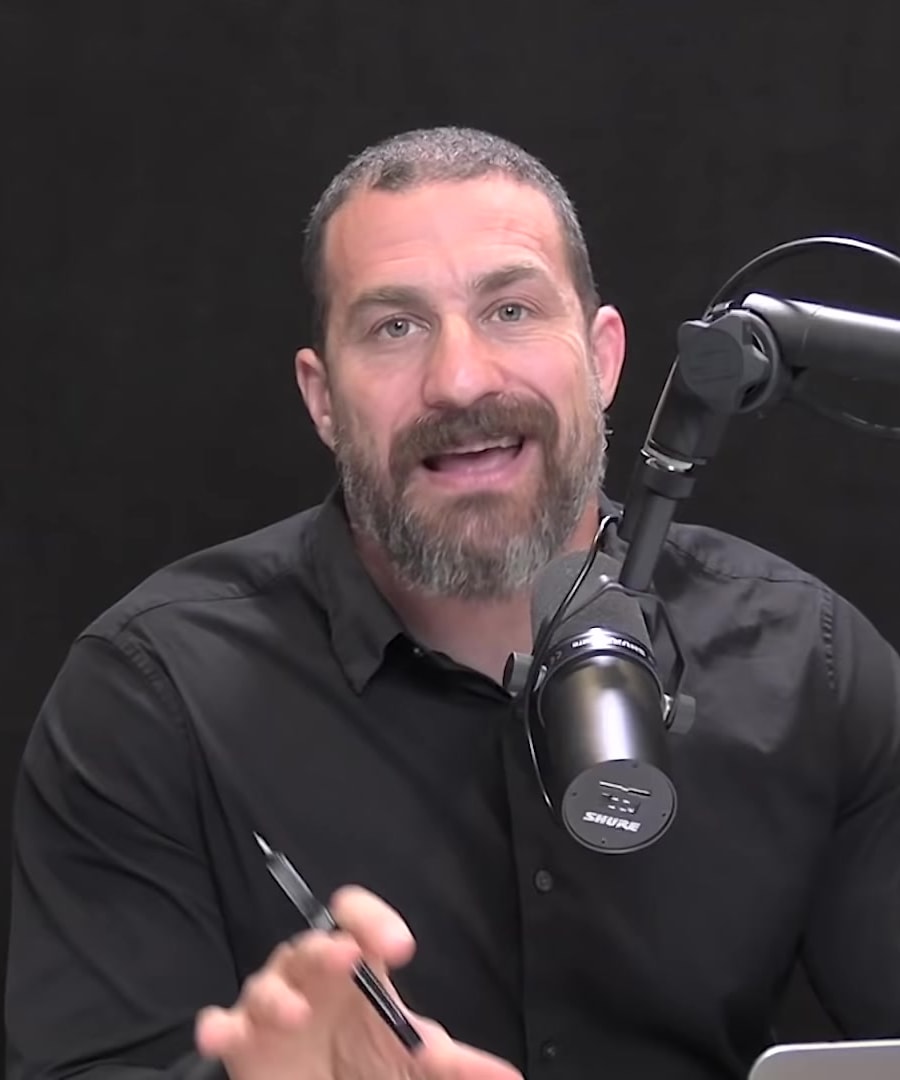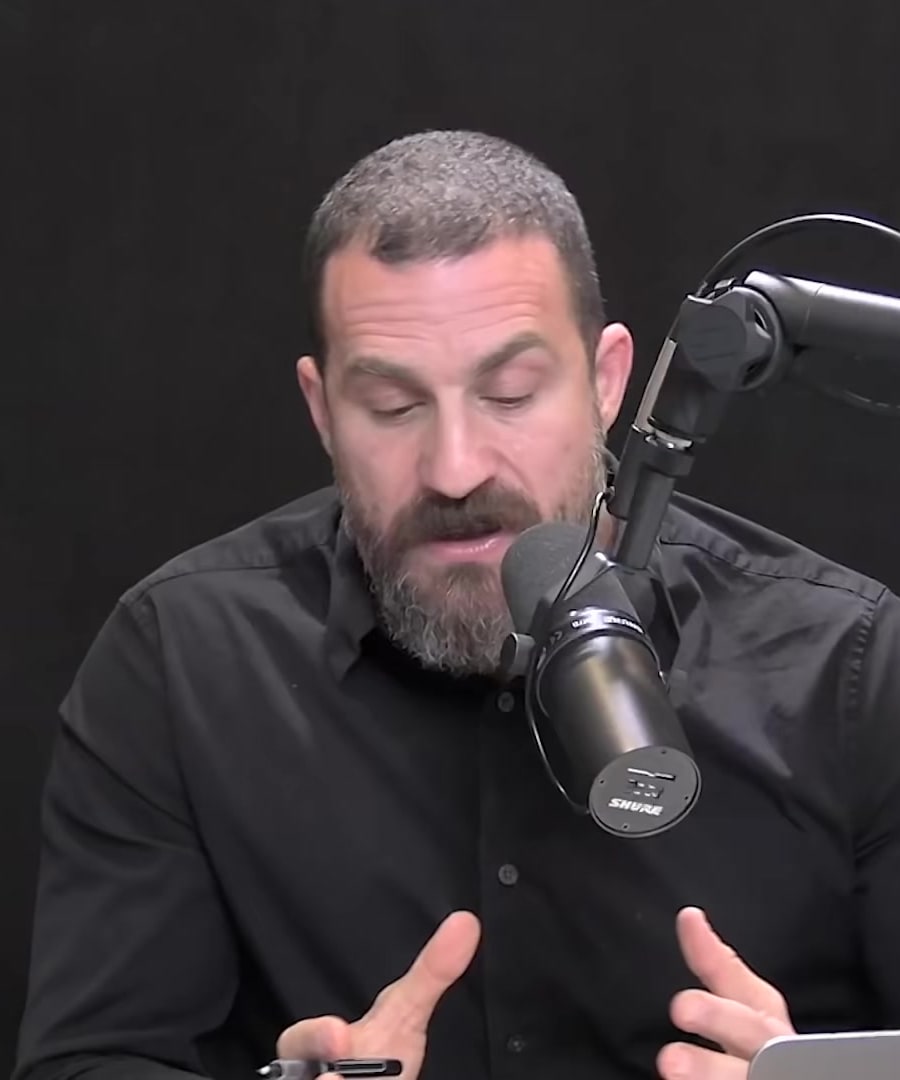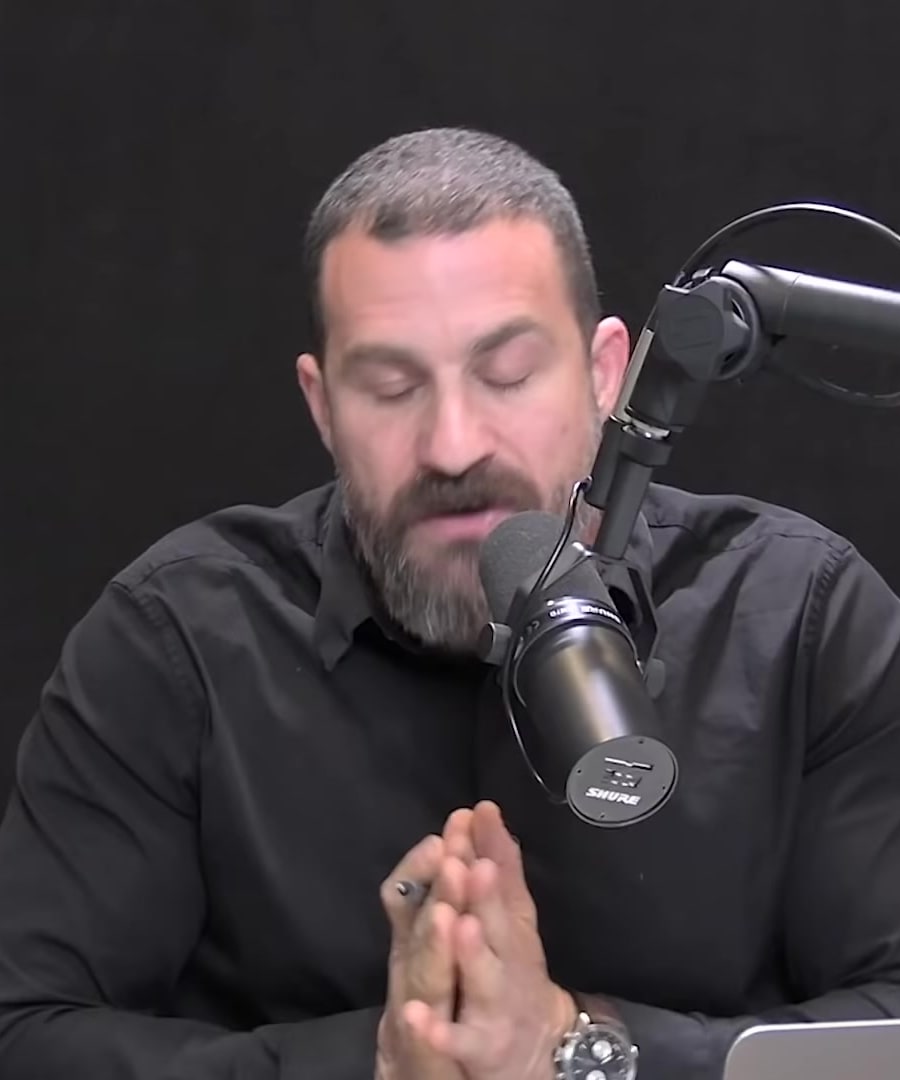Summarize episode Mental Health Toolkit: Tools to Bolster Your Mood & Mental Health
The episode titled "Mental Health Toolkit: Tools to Bolster Your Mood & Mental Health" from the covers a variety of approaches and strategies to enhance mental wellness. delves into six fundamental aspects termed as the "Six Pillars of Mental Health," each essential for improving mental health and emotional well-being.
Summary of Key Topics
- Optimizing Sleep: Stresses the importance of having a consistent sleep routine for mental health.
- Maximizing Daylight Exposure: Highlights the crucial benefits of appropriate light exposure for mood enhancement.
- Physical Activity: Emphasizes movement as a pivotal aspect of maintaining and improving mental health.
- Nutrition: Discusses how diet influences mental well-being.
- Social Connection: Details the impact of social relationships on mental health and provides insights on navigating internal dialogues in social contexts.
- Managing Stress: Teaches techniques like the physiological sigh for reducing stress and enhancing emotional regulation.
In addition, the episode explores methods to enhance neuroplasticity, promote emotional granularity, and the utilization of tools like journaling and trauma processing to deepen emotional awareness and self-concept understanding.
This comprehensive approach offers a toolkit designed to empower individuals by enhancing mood, mental health, and overall emotional resilience.
What conditions can marijuana treat?
Sources:
Marijuana has shown clinical benefits for several conditions, although it may not be suitable for all ailments due to its diverse effects on the body and brain. Here are some of the conditions marijuana is known to help treat:
- Pain Management: Cannabis is recognized for its effectiveness in reducing pain, particularly in individuals undergoing chemotherapy.
- Nausea Reduction: It can alleviate nausea, especially for those suffering from cancer or undergoing chemotherapy.
- Glaucoma: Marijuana has been used to lower intraocular pressure, potentially helping to prevent blindness by offsetting neuron loss in glaucoma patients 1.
- OCD (Obsessive-Compulsive Disorder): Some research has explored cannabis’s potential to reduce OCD symptoms, although findings suggest it may have limited acute impact on reducing such symptoms compared to placebo 2 3.
However, the effects of cannabis are complex and it should be used with caution. For example, while cannabis can increase focus, this might exacerbate conditions like OCD, where excessive focus on obsessions and compulsions is detrimental 3. Additionally, cannabis poses risks for certain populations, including those prone to schizophrenia, bipolar disorder, and individuals with cardiovascular issues 4.
RELATED QUESTIONSwhat are benefits of deliberate cold exposure?
Sources:
Deliberate cold exposure offers multiple benefits for both mental and physical health, as discussed by on the . Here are some key advantages:
- Mental Resilience: Repeated cold exposure builds mental toughness and resilience, helping individuals better handle stress in other areas of life 1.
- Dopamine Release: Cold exposure significantly increases dopamine levels in the brain, elevating mood, and enhancing focus and motivation 1.
- Stress Reduction: While causing acute stress, deliberate cold exposure can improve the ability to manage anxiety and buffer against daily life stressors without significantly increasing cortisol levels 2.
- Metabolism Boost: Exposure to cold can convert white fat to thermogenic beige or brown fat, enhancing calorie burn and improving metabolic rate. This process also aids in reducing inflammation and improving insulin sensitivity 3 4.
- Fat Loss: Studies have shown that cold exposure can reduce abdominal fat and waist circumference, particularly in men, by elevating overall metabolism and possibly increasing calorie expenditure 5.
- Improved Focus and Alertness: The release of norepinephrine and epinephrine during cold exposure enhances mental acuity and energy levels, making you feel more alert and focused for several hours after exposure 6 7.
These benefits showcase how deliberate cold exposure can be a powerful tool for enhancing both physiological and psychological well-being.
RELATED QUESTIONS
Summarize episode Mental Health Toolkit: Tools to Bolster Your Mood & Mental Health
What conditions can marijuana treat?
- RELATED QUESTIONS
what are benefits of deliberate cold exposure?
- RELATED QUESTIONS
